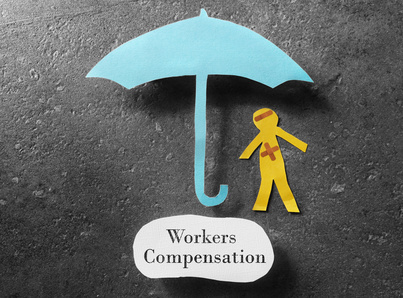Some care workers are employed to stay overnight at the house of an elderly, disabled or vulnerable person, just in case their help is required. These shifts are commonly referred to as “sleep-in” shifts. 
There is an ongoing debate to determine whether sleep-in care workers are actually ‘working’ and therefore entitled to be paid national minimal wage (NMW) for their entire shift, or whether they are just ‘available to work’ during those hours.
The Supreme Court is currently considering two cases which were first heard in 2018 and originally had different outcomes.
Case study 1
Together with other carers, Claire Tomlinson-Blake was employed by Mencap to provide 24-hour care to two men in their home.
She had her own bedroom and was expected to “keep a listening ear” so she could provide support if needed during the night.
In 16 months, she was called upon six times.
A sleep-in shift lasted 9 hours, for which Claire was paid a flat rate of £29.05.
She made a claim for NMW to cover her entire overnight shift, and won her case in the lower court.
Case study 2
John Shannon was employed as the on-call night care assistant at Clifton House Residential Home. He had his own flat on site.
He was expected to be available from 10pm to 7am, but was rarely called upon.
After a TUPE transfer, John claimed he had been underpaid by £240,000 to cover all his night shifts.
He lost his case because the lower court ruled that he wasn’t working, he was only ‘available’ to work.
What happened next?
The Court of Appeal found that both complainants were ‘available’ to work, and only had to be paid NMW for the time they were actually working.
The decision was partly based on a report by the Low Pay Commission, which recommended that sleeping hours don’t count towards NMW for workers who are on call.
What this means to you
If you haven’t been paid the correct NMW for the hours you work, you may be entitled to claim back up to six years. Also, your employer might have to pay a fine to HMRC totaling up to £20,000 per underpaid worker.
Care homes are on tight budgets and are likely to be relieved that the Appeal Court clarified the confusing situation.
We won’t know the final outcome until the Supreme Court ruling which is due in July (although it remains to be seen if this will be delayed due to the COVID-19 pandemic).
If it reverses the decision, it opens the door for many claims from underpaid carers.
If that applies to you, we can advise you on your chances of winning a case in the employment tribunal, and help you every step of the way.
Further reading
For more information on this subject, you might find our other articles useful:
Need help?
Make an Enquiry Now
To make a FREE enquiry based on any of the issues raised on this page call us on 0808 168 7288, or complete an Online Enquiry.
We have already helped thousands of people to win millions of pounds in compensation.
We will also discuss the best methods of funding your case and seek to reach a solution that best suits your needs. This can involve a “no-win, no-fee” agreement if appropriate.
You have a choice of ways to pay, including ‘no win, no fee’.
